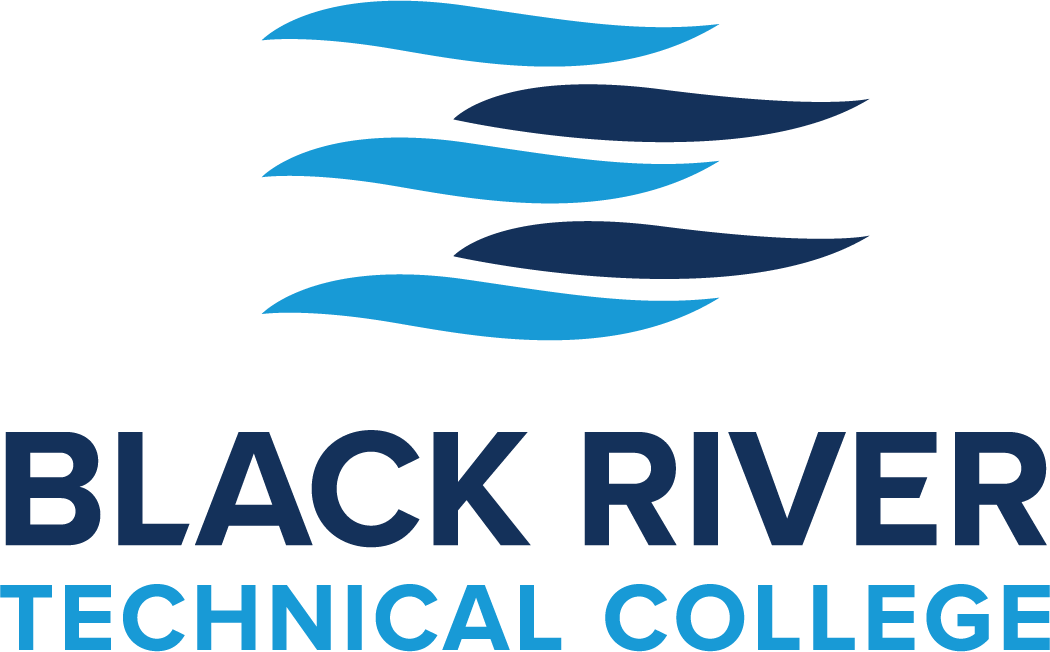Overview of the Tile IX Process
BRTC Title IX – Quick Reference Guide
(Equal Opportunity, Harassment, and Nondiscrimination Policy)
Purpose
BRTC prohibits discrimination, harassment, and retaliation based on protected characteristics, including sex-based harassment, sexual assault, dating/domestic violence, and stalking. This applies to all students, employees, applicants, and third parties and covers on-campus, off-campus, and online conduct impacting the BRTC community.
Key Contacts
Title IX Coordinator – Margo Davis, margo.davis@blackrivertech.edu, 870-248-4067
Deputy Coordinators – Julie Edington (Faculty/Staff), Priscilla Stillwell (Students)
OCR – ocr@ed.gov | (800) 421-3481
Reporting
-
File a report in person, by mail, email, or online form.
-
All BRTC employees (except designated confidential resources) are Mandated Reporters.
-
Anonymous reports are accepted, but may limit investigation ability.
-
No deadline for reporting, but delays may limit evidence.
Supportive Measures
Available with or without a formal complaint:
-
Academic adjustments, safety escorts, no-contact orders, counseling referrals, schedule changes, increased security.
-
Non-punitive, non-disciplinary, and tailored to restore equal access.
Evidentiary Standard
BRTC uses the Preponderance of the Evidence standard — whether it is more likely than not that a policy violation occurred. This applies at all stages, including hearings and appeals.
Grievance Process (Formal – “Process A”)
-
Initial Assessment by Title IX Coordinator.
-
Notice of Investigation sent to both parties.
-
Investigation with opportunity to present evidence and witnesses.
-
Hearing – Advisors required for cross-examination (provided if needed).
-
Determination based on preponderance of the evidence.
-
Sanctions/Remedies to stop, prevent recurrence, and remedy harm.
-
Appeal – Permitted for procedural error, new evidence, or bias/conflict of interest.
Informal Resolution
Available if both parties agree and the case is eligible; may include mediation, facilitated dialogue, or restorative practices.
Prohibited Retaliation
No one may intimidate, threaten, coerce, or discriminate against any individual for reporting or participating in the grievance process.
Other Provisions
-
Amnesty for minor policy violations (e.g., underage drinking) when reporting misconduct.
-
Preserve evidence promptly in sexual assault and stalking cases.
-
Records are retained for at least 7 years.
-
Accommodations are available for participants with disabilities.
-
Knowingly filing false reports in bad faith may lead to disciplinary action.
We're Here to Help!

A.A., Black River Technical College; B.S., Williams Baptist College; M.S., Arkansas Tech University

Davis, Margo

B.S., Williams Baptist College

Edington, Julie

B.S. , Arkansas State University; J.D., University of Arkansas at Little Rock School of Law

Smith, Jason

B.S.E., M.A., M.S.E., Arkansas State University, Title IX Deputy Coordinator

